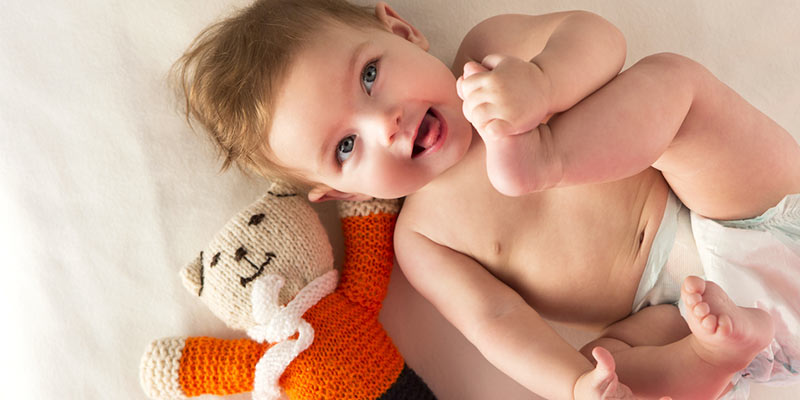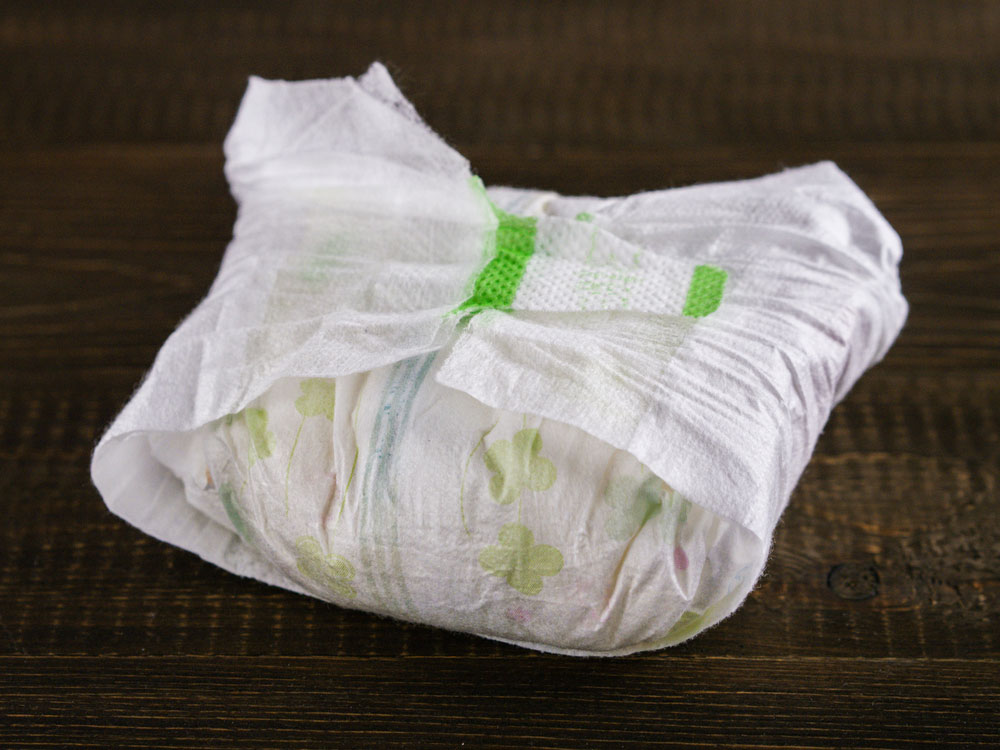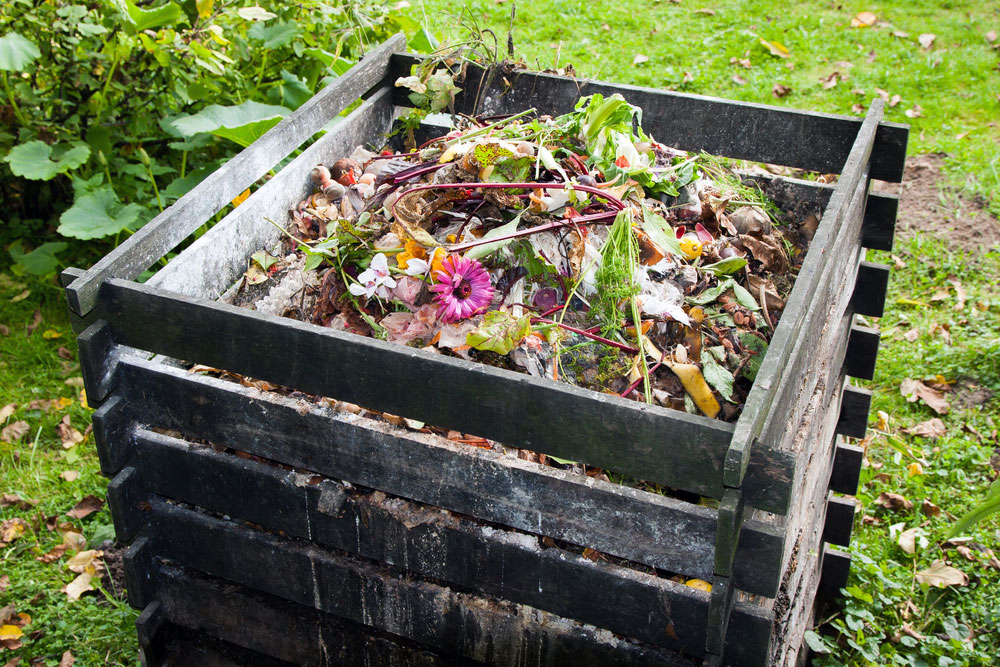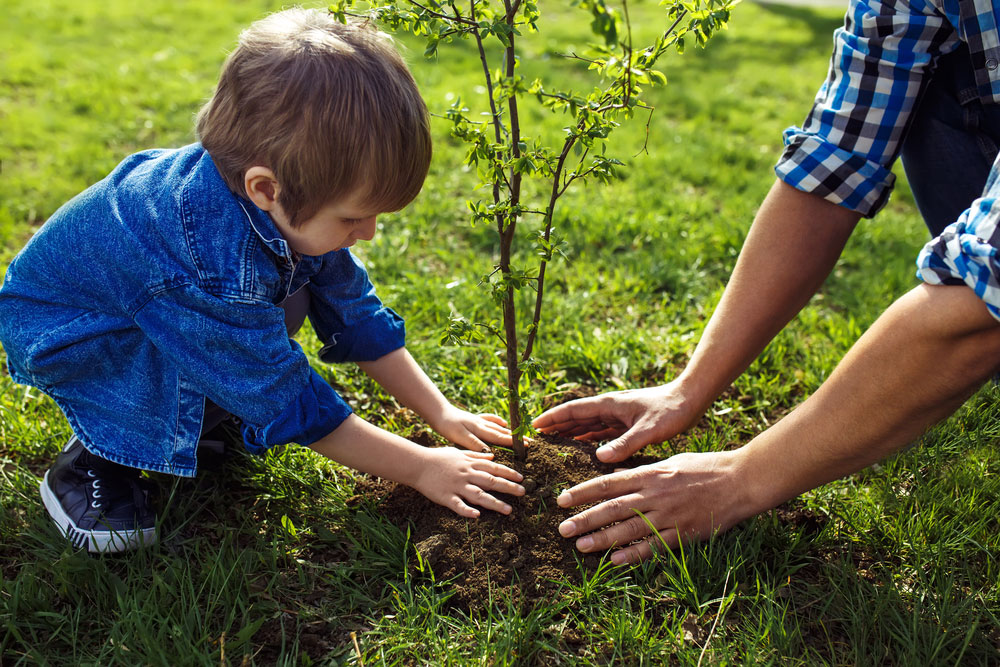
Does your baby run through a lot of diapers in one day? If so, you should notice that disposable diapers easily and rapidly pile up, and that’s definitely not good for the Earth. Composting is a great way to help out the environment and reduce solid waste that goes into our dumps, and composting diapers will not only reduce your trash, it can also benefit your garden as well.
For this project, we’ll only need a few materials that are most likely already present in your garage (and trash bin, of course!).
Materials:
- Wet diapers
- Shovel
- Shears
- Garden gloves
- Dust mask
- Compost bin
Step 1: Save up diapers
You can set aside your baby’s wet diapers from the poopy ones, and wrap them up in a sealable plastic bag for composting later. Note that you cannot use diapers with human waste in them, because the bacteria in poop does more harm than good and cannot be killed in a compost pile.
Your wet diapers are safe to use on earth that grows flowers, trees, bushes, or shrubs, and will help them grow beautifully. If you use the right kind of topsoil, expect your garden to bloom in no time.
However, you cannot use diapers to compost food gardens, including herb, vegetable, and fruit plants, even if you have a hot composting bin.
Step 2: Prepare the diapers
Now that you’ve got about 10-15 wet diapers at hand, we’re going to prepare them for composting. Unfortunately, you cannot compost the entirety of the diaper, because it contains plastic and other materials that takes 500 years to disintegrate in the ground.
For composting, we’ll be using the fluffy contents inside of the diaper. These contents absorb pee using water-retaining polyacrylate crystals, which also works wonders for your plants. Aside from that, the cotton like material you’ll be taking from the wet diaper contains fiber and nitrogen; two things that are great fertilizers for your garden.
To separate the contents from the diaper, rip open the side and extract the cotton from the inside. Make sure to wear your gloves and a dust mask if you don’t want to smell the odors. Afterwards, discard the rest of the diaper in the regular trash.
Step 3: Mix your compost
To make sure the contents of the diaper are combined well with your compost, shovel the pile and make sure it is thoroughly mixed. After that, you should only have to wait around 4-5 weeks for the fibers to break down. However, you will have to wait for 12 months to use your compost.
Then, make sure to turn your compost every 2-3 weeks to let oxygen in your compost pile.
Step 4: Use your compost
You should know that your compost is ready if it has the following characteristics: a rich, dark brown/black color, easily crumbles in your hand, no big residues, and an earthy smell without the smell of the original ingredients.
To use your compost, simply spread a generous layer over your soil. After some time, your compost should mingle with the soil nicely.
Alternative: Compostable diapers and reusable diapers
Fortunately, some companies already offer compostable diaper which are made from special material that is easily biodegraded. There are many options you can choose from online. I recommend choosing one that has a compostable diaper pick-up service for convenience.
On the other hand, reusable diapers require no composting or recycling at all. Although they can be more tedious to use, these cloth diapers will produce zero garbage, can be used for a long time, and are generally more economical. A reusable diaper also uses energy (washing and drying), but it is definitely more sustainable than running through dozens of disposable diapers a week.
Benefits of composting diapers
- You’ll reduce your garbage output and thus reduce the space occupied in the landfills.
- You’ll help the environment.
- You can produce a nutritious compost for your plants.
- Composting cost will be reduced.
- You’ll have more time to spend in the garden.
Conclusion
Disposable diapers can fill up your garbage bins quickly. To help reduce the volume of your garbage and ultimately reduce the waste in the landfills, you should compost your baby’s diapers. In this way, you also add a lot of nutrition to your compost, which will help you excellent garden growth.
Do like and share this article with your friends (especially those who have babies!). Thanks for reading!




